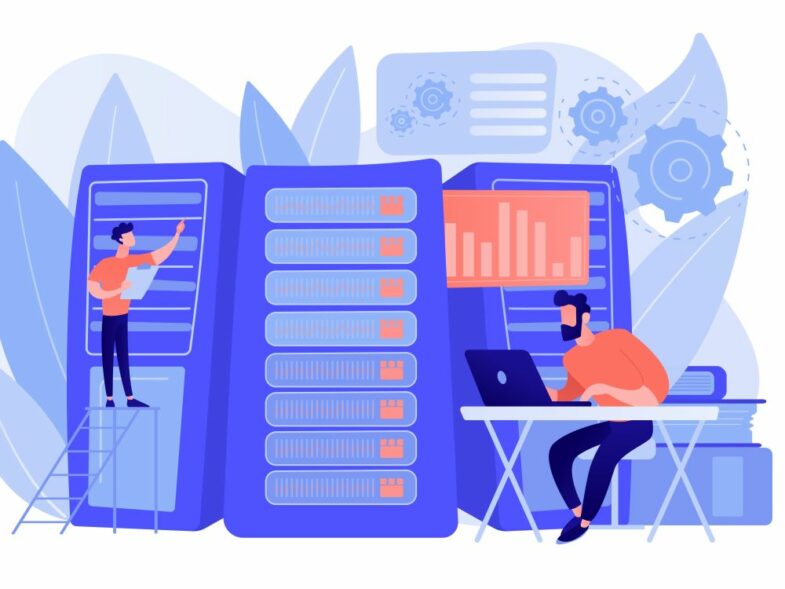In a world increasingly defined by digital frontiers, a quiet revolution is reshaping how developers work, live, and collaborate. Welcome to the era of remote Web3 development — a world where coding knows no borders and innovation is powered by a global, decentralized workforce.
As Web3 matures from hype to reality, it’s not just redefining the internet — it’s redefining work itself. For developers, especially those involved in blockchain, decentralized finance (DeFi), and smart contract development, the traditional 9-to-5 office job is rapidly becoming obsolete. Instead, a more fluid, flexible, and freedom-oriented model is taking hold.
The Perfect Match: Remote Work and Web3 Philosophy
Web3 is rooted in decentralization — a rejection of centralized control in favor of distributed, trustless systems. This ideology doesn’t just apply to the platforms and protocols being built, but to the very people building them.
Remote work is more than just a practical arrangement for Web3 teams; it’s a cultural alignment. The decentralized ethos naturally lends itself to distributed teams, asynchronous collaboration, and borderless hiring.
A Solidity developer in Nairobi might work on the same DAO tooling as a cryptographer in Berlin, neither of whom has ever stepped into a traditional office — and that’s by design.
Breaking Down Geographic Barriers
For decades, the tech industry revolved around major hubs — Silicon Valley, New York, London. While those regions still carry weight, Web3 has flipped the script. Developers from regions previously overlooked are now on equal footing.
Thanks to the rise of remote-first Web3 startups and DAOs (Decentralized Autonomous Organizations), location is no longer a barrier to entry — it’s often an asset. Diverse teams bring broader perspectives, contributing to more inclusive and resilient decentralized systems.
This shift is also democratizing income. Talented developers in Eastern Europe, South America, Southeast Asia, and Africa now have access to Web3 jobs that pay global market rates, helping to level the economic playing field.
DAOs, GitHub, and Wallets: The New Resume
In the Web3 world, your resume isn’t a PDF — it’s your contribution graph, your code commits, your wallet address, and your participation in governance proposals. Employers aren’t just looking at what school you attended or where you worked — they’re reviewing your on-chain activity, open-source contributions, and DAO involvement.
This meritocratic system favors action over credentials. It empowers developers who may not have traditional education or corporate experience but demonstrate value through participation and code quality.
This shift also enables a new breed of developer-entrepreneurs — builders who are not just employees but stakeholders in the protocols they help shape.
Asynchronous, Agile, and Always On
Traditional companies often struggle with time zones and remote collaboration. Web3 teams, by contrast, embrace it.
Most projects operate asynchronously — meaning there are few, if any, scheduled meetings. Communication happens via tools like Discord, Notion, and GitHub. Important updates are documented, not discussed behind closed doors. And decision-making often takes place through DAO governance or community forums.
This asynchronous model gives developers the freedom to work when they’re most productive, whether that’s at 3 AM in Tokyo or over lunch in São Paulo. For many, it’s a far cry from the rigid structures of corporate tech.
Challenges of the Borderless Lifestyle
Of course, it’s not all frictionless collaboration and sun-soaked laptops on beaches.
Remote Web3 development comes with its own set of challenges:
- Isolation can creep in when you’re working across time zones.
- Burnout is a risk without clear boundaries between work and life.
- Trust and security are ongoing concerns in a pseudonymous, permissionless environment.
- Compensation models, often paid in volatile tokens, can be confusing or unstable.
Yet many in the space believe these challenges are worth navigating for the freedom and opportunity Web3 affords.
Tools of the Trade: Empowering Remote Devs
The modern Web3 developer toolkit is built for remote, collaborative innovation. Popular tools include:
- Hardhat & Foundry for smart contract development
- Js & Web3.js for blockchain interaction
- The Graph for querying decentralized data
- Aragon, Snapshot, & Discourse for DAO governance
- Mirror & Farcaster for decentralized publishing and networking
Combined with traditional tools like GitHub, Slack, and Zoom, these allow seamless contribution and coordination — even among teams who’ve never met IRL.
Looking Ahead: The Future Is Distributed
The shift to remote Web3 work isn’t a pandemic-era experiment — it’s the blueprint for the future of digital labor. As the infrastructure of the decentralized web matures, expect to see more tools, platforms, and practices designed specifically for borderless collaboration.
Education platforms are emerging to onboard new talent. Legal frameworks are evolving to accommodate global teams and crypto compensation. And forward-thinking developers are carving out meaningful, well-paid careers without ever needing to relocate.
Conclusion
In the decentralized web, code is borderless — and so are the coders.
Remote work isn’t just a benefit for Web3 developers. It’s a foundational feature of the ecosystem. As blockchain technology continues to reshape industries, the people building it will do so from cafés in Lisbon, apartments in Lagos, co-working spaces in Buenos Aires, and cabins in the Rockies.
This is more than a remote work trend. It’s a global movement — one pull request at a time.









